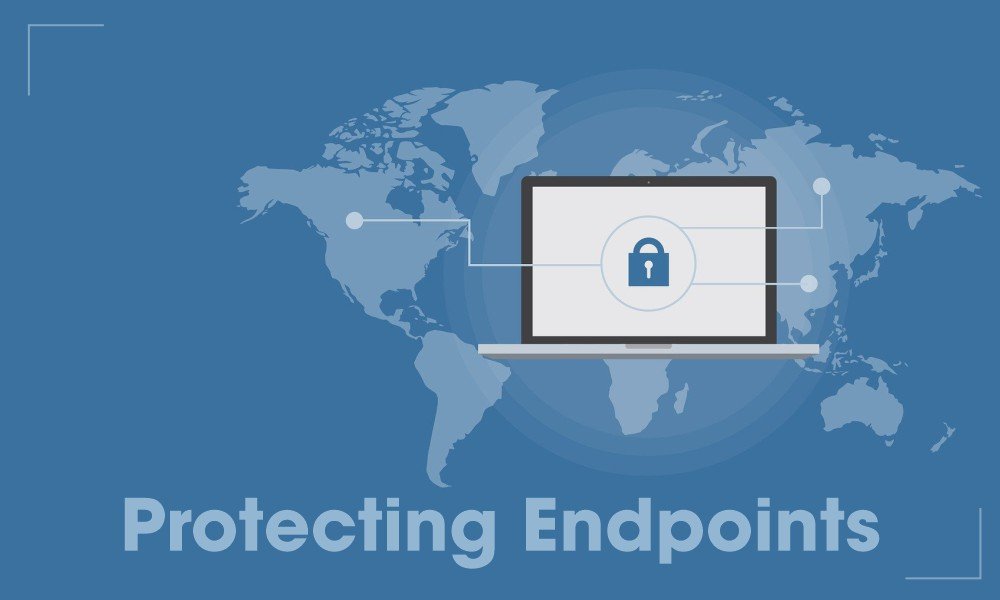Online fraud and many other kinds of cybercrime are rising every year. This makes it vital for businesses to protect their data and systems from a wide range of threats. Investing in the best security solutions should be on the plan of every company looking to develop and grow.
But then, hiring a security-focused team can be expensive for a small business. The best way to solve their cybersecurity problems is to find inexpensive yet efficient solutions. This article will look into some of the best examples of budget data protection solutions for businesses.
Here are some cost-effective techniques that you can implement for your business.
1. Encrypting Their Data
Encryption is one of the most effective data protection techniques. You can use it on storage devices to ensure your data is safe from unauthorized access. But then, it can also be effective for protecting data in transit. This is often the case when a business uses a proxy from a reliable provider.
There are several proxy providers in the market today. Using a Blazing SEO residential proxy, for instance, can guarantee your online safety. These kinds of proxies can give your business an alternative but legitimate IP address pinned in another location. This adds an extra layer of protection to your network or system.
2. Using Firewalls
Another cost-effective and efficient data protection solution is a firewall. It would be best if you considered having firewalls on all the devices you use to access your business network. This will make it difficult for unauthorized people to access your private data and expose your network.
Firewalls play a critical role in a network. They help filter incoming traffic to prevent suspicious access. A firewall ensures that only authorized people can access or transfer data. This means your business and customer data stays safe from theft and a wide range of other risks.
3. Installing an Antivirus
This software is another effective solution to various threats your data could face. Installing it on your devices will make it easier to prevent malware and viruses. An antivirus alongside a firewall also makes it easier to filter your traffic and keep hackers at bay.
However, like proxies, you need to choose the best antivirus solution. Finding the best antivirus solution without proper selection can be daunting. You can research several providers then compare them to find the best solution for your business needs.
4. Cyber Insurance
Insurance has also emerged as an effective way for businesses to protect their data. The reality with data is that it is expensive. The effects of losing business or customer data can be severe. It could take long before a business recovers, requiring a lot of finances.
Covering your business data can help you stay safe from the impact of losing your data. Thus, insurance enables you to recover quickly from an attack as you don’t need to reinvest. However, the insurance premiums you pay may also be high. It all depends on the scale of required coverage.
5. Using Strong Passwords
Passwords are the first line of defense for businesses. Using strong passwords can make it easier for you to prevent attacks. You also should ensure safe password practices in your company. For instance, encouraging employees should avoid sharing or reusing passwords.
It is also advisable to change passwords often. But ensure you do not affect password strength when updating them. A combination of letters, numbers, and symbols forms the most robust passwords. Also, avoid using any easy-to-guess information like your names, dates, etc.
6. Securing WiFi
Public WiFis are often hiding places for cybercriminals. Potential hackers lurk on unsecured WiFi, waiting to attack unsuspecting users. You’ll be at risk if you connect to the network and your device has a weak link. They can gain access to your sensitive data and steal it from you.
The best way to be secure is by avoiding public WiFi. This is if you suspect that your device or network has security holes. Also, you should avoid it if you are doing sensitive tasks like transacting with your bank or updating your social media pages.
If you must connect to WiFi, confirm that it is secured first. This means that it must prompt you to enter a password before accessing it. There’s little to no chance that this could be risky. But you can never be sure about your security on a public and unsecured network.
7. Protecting Endpoints

Securing endpoints is another way to ensure your data remains safe. By endpoints, we mean every gateway to your network. These can be few or many depending on the size of a business. And, the more gateways you have, the more work you need to secure them.
Every device connected to your network becomes a gateway. For instance, it can be a router, port, external hard drive, etc. It would be best to protect these endpoints to ensure you secure your data. The best way to do this is by using software that filters traffic and blocks suspicious traffic.
8. Backing Up Data
Another cost-effective way to prevent data theft is to back it up. Most businesses use cloud solutions, which make it easy to back up data and retrieve it if it is compromised or lost.
Data backups are more affordable than many other data protection techniques, making them an excellent option for businesses on a tight budget. Data backups are no longer optional; they are considered essential. Additionally, using media vaulting services for physical backup media adds an extra layer of security by storing your data in a secure, offsite location, further enhancing your overall data protection strategy.
Conclusion
As mentioned, data protection can be an expensive task. But then, this is the case when a business chooses to hire an IT team and invest in advanced security solutions. However, it is possible to secure your data with the low-cost solutions discussed in this article.
The good news is that these solutions can provide the level of protection you need. The icing on the cake is that they’ll help you save and invest in other aspects of your business. This is without compromising your business’s security which is the whole point of having them.
Also Read: How Can Financial Advisors reduce the Risk of Cyber Attacks?
















